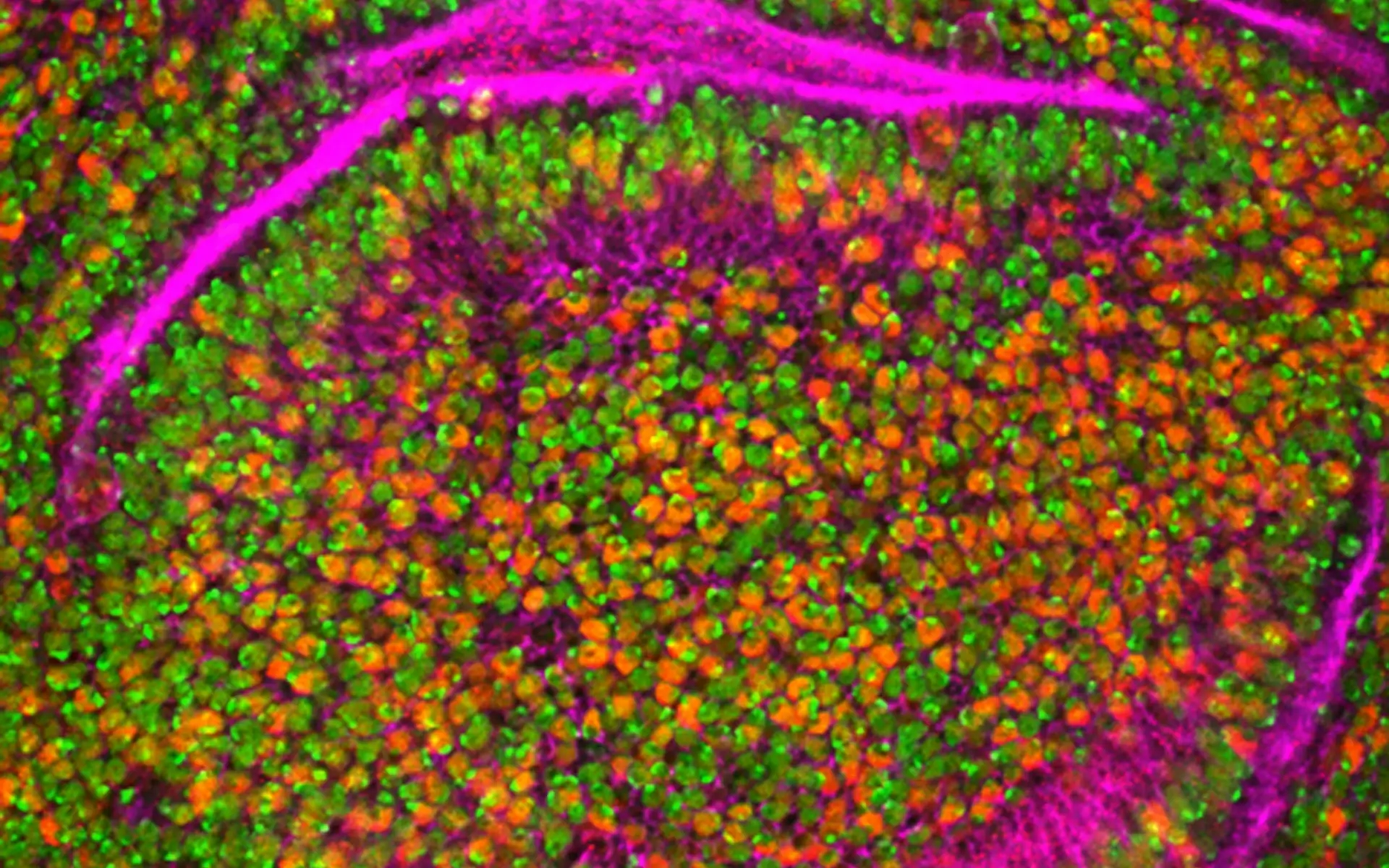Bridging the gap between academic research and real-world solutions
In the pursuit of scientific advancement, the journey from theoretical research to tangible solutions is often fraught with challenges.
The total value of licensing agreements for innovator oligonucleotide-based drugs targeting central nervous system (CNS) indications surged 339%—from $2.17 billion in 2023 to $2.81 billion in 2024—according to GlobalData’s Pharma Intelligence Center Deals Database. This sharp increase reflects growing pharmaceutical interest in oligonucleotides, short synthetic DNA or RNA sequences used to selectively target disease-driving genetic material. These therapies are gaining traction for complex diseases like neurodegenerative disorders and cancer, especially as antisense oligonucleotides (ASOs) and small interfering RNAs (siRNAs) become more prominent.
ASOs disrupt the production of harmful proteins by binding to mRNA, while siRNAs degrade specific mRNA sequences to block protein synthesis. Technological breakthroughs in synthesis methods, including liquid-phase and biocatalytic synthesis, are solving previous challenges related to scale, purity, and yield—boosting the large-scale viability of oligonucleotide production. These innovations are positioning oligonucleotides as a central tool in the precision medicine toolkit, especially for targeting hard-to-treat CNS conditions.
From 2021 to 2025 (year-to-date), licensing agreements for CNS-targeted innovator oligonucleotides have totaled $6.05 billion, with ASOs accounting for $3.54 billion and siRNAs for $2.51 billion. AbbVie, Lilly, Roche, and Takeda have driven 63% of these deals, indicating Big Pharma’s rising commitment to this modality. However, Ionis Pharmaceuticals leads the sector, having out-licensed $13.4 billion in assets over the past decade and currently advancing 135 oligonucleotide-based drugs—32 of which target CNS disorders. Among these, two have already launched: Spinraza for spinal muscular atrophy and Qalsody for amyotrophic lateral sclerosis, both co-developed with Biogen.
Arrowhead Pharmaceuticals clinched the largest 2025 deal, a global licensing and collaboration agreement worth up to $2.18 billion with Sarepta Therapeutics. The deal includes multiple programs across all stages of development focused on rare, genetic, and CNS diseases. This surge in high-value partnerships underscores the strategic appeal of oligonucleotide therapeutics: their scalable production, increasing efficacy, and expanding indications make them a preferred platform for innovation and investment.
As manufacturing advances meet therapeutic potential, the market for CNS-targeted oligonucleotides is poised for continued growth. With Big Pharma and pioneering biotechs investing heavily, these modalities are likely to anchor the next generation of targeted, personalised treatments.



